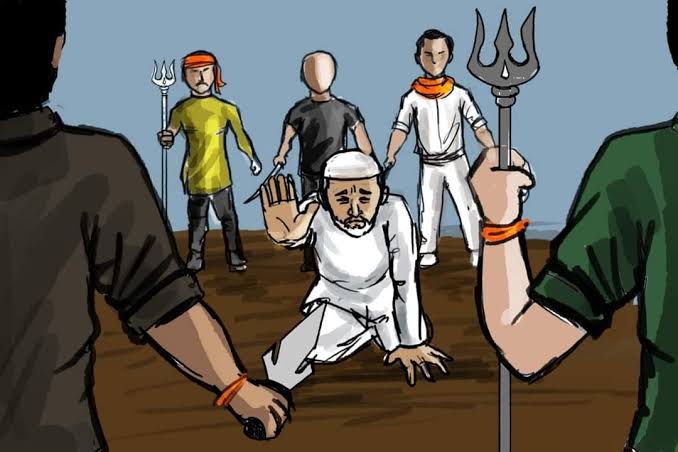
Online hate is often a driver of violent physical attacks against religious minorities, said the UN chief on Tuesday, calling on governments, community and religious leaders, to “speak out against hate and incitement to violence.”
UN Secretary-General António Guterres was delivering his message marking the International Day Commemorating the Victims of Acts of Violence Based on Religion or Belief and began by reiterating that freedom of belief is “an inalienable human right”.
“Yet, around the world, people and communities, particularly minorities, face intolerance, discrimination and threats – to their places of worship, their livelihoods and even their lives”, he said.
“Hatred stirred on and offline is often the cause.”
The official UN Day provides an opportunity to remember all who have suffered based primarily on their faith, and an opportunity to “renew our resolve to stamp out the hate speech that fuels these terrible acts of intolerance.”
Guterres cited initiatives such as his Call to Action for Human Rights and the UN Strategy and Plan of Action on Hate Speech, which provide a blueprint to do so.
“I urge all governments to prevent and address acts of violence based on religion and belief”, he continued.
“I call on everyone, particularly political, community and religious leaders, to speak out against hate and incitement to violence.”
He called on senior politicians, technology companies and other stakeholders to support the UN’s development of a voluntary Code of Conduct for Information Integrity on Digital Platforms, ahead of next year’s Summit of the Future, specifically to tackle hate speech online.
“Together, let’s honour the victims of violence by striving to build a more inclusive, respectful, and peaceful world – one where diversity is celebrated.”
The Day was designated by the UN General Assembly in 2019, spurred by widespread violations suffered by vulnerable groups such as migrants, refugees, asylum seekers and persons belonging to minorities – who are targeted on the basis of religion or belief.
A large group of independent UN Human Rights Council-appointed experts pointed out in a statement that it took some two decades before the UN Declaration on the Elimination of All Forms of Intolerance and of Discrimination Based on Religion or Belief had been agreed, acknowledging the “great suffering brought about by the disregard and infringement of human rights including of freedom of religion or belief.”
As the world marks the 75th anniversary this year of the Universal Declaration of Human Rights (UDHR), there is special resonance with the emphasis in that declaration, that the use of religion or belief for ends inconsistent with the UN Charter or other instruments, “is inadmissible and condemnable”, they said.
They noted that 42 years on from the 1981 Declaration, this year’s International Day “offers the opportunity to make visible the multiple, daily and egregious violence that takes place based on religion or belief, and to seek to respond to its root causes, urgently and with far greater determination.”



